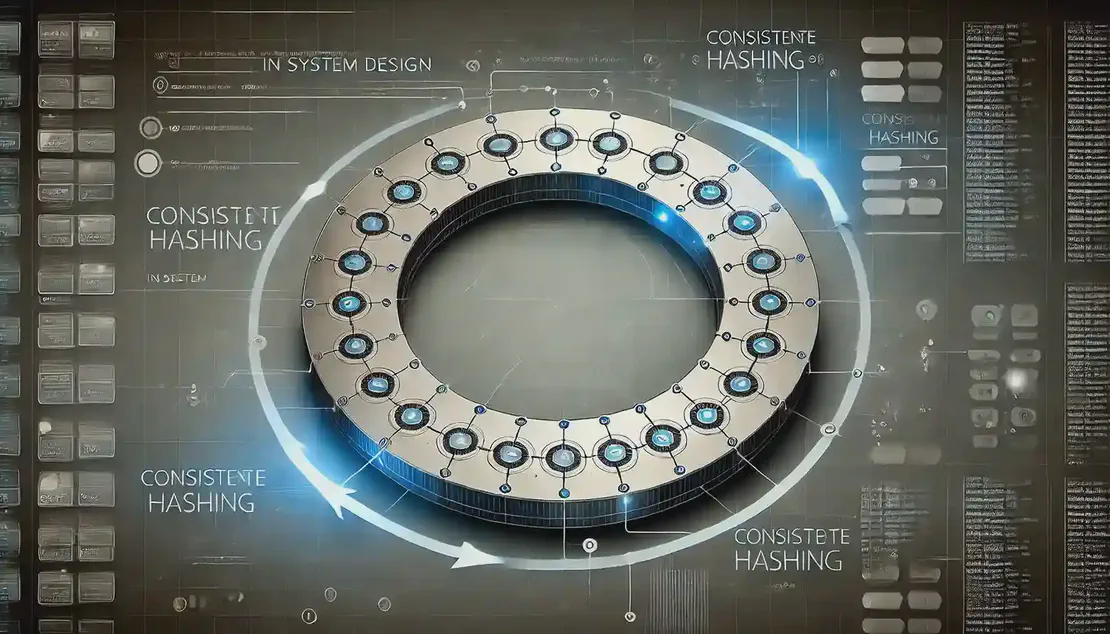
Understanding the Concept of VPNs
- Vipul Kumar
- Internet , Networking , Security , Privacy , VPN
- December 1, 2024
Table of Contents
🔒 Definition — A VPN, or Virtual Private Network, is a technology that creates a secure and encrypted connection over a less secure network, such as the Internet.
🌐 Functionality — VPNs extend a private network across a public network, allowing users to securely send and receive data as if their devices were directly connected to the private network.
🔑 Security — VPNs employ encryption, authentication, and integrity protection to safeguard data from potential eavesdropping and cyber threats.
📍 Anonymity — By hiding a user’s IP address and encrypting data, VPNs provide privacy and anonymity online, making it difficult for third parties to track user activities.
🌍 Accessibility — VPNs enable users to bypass geo-blocking and censorship, allowing access to content restricted by location.
How VPNs Work
🔄 Tunneling Protocols — VPNs use tunneling protocols like OpenVPN and SSTP to create secure connections by encrypting data at the sending end and decrypting it at the receiving end.
🔗 Connection Process — A VPN client on the user’s device connects to a VPN server, creating a secure tunnel for data transmission.
📶 IP Address Masking — The VPN server assigns a new IP address to the user’s device, masking the original IP address and location.
🔍 Data Encryption — All data transmitted through the VPN is encrypted, ensuring that even if intercepted, it cannot be read without the decryption key.
🛡️ Kill Switch — Some VPNs include a kill switch feature that disconnects the device from the internet if the VPN connection drops, preventing data leaks.
Types of VPNs
🏢 Remote Access VPN — Allows individual users to connect to a private network from a remote location using a secure connection.
🏠 Site-to-Site VPN — Connects entire networks to each other, typically used by businesses with multiple offices.
☁️ Cloud VPN — Provides secure access to cloud-based resources and services.
📱 Mobile VPN — Designed for mobile devices, maintaining a secure connection even when the device changes networks.
🔐 SSL VPN — Uses Secure Sockets Layer (SSL) protocol to provide secure remote access to web applications.
Benefits of Using VPNs
🔒 Privacy — VPNs encrypt internet connections, ensuring online activities remain private and secure from surveillance.
📶 Security on Public Wi-Fi — VPNs protect data from interception on unsecured public Wi-Fi networks.
🌍 Geo-Spoofing — Users can access content restricted by geographic location by changing their IP address.
🕵️ Anonymous Browsing — VPNs conceal browsing history and online activities, enhancing user anonymity.
💼 Remote Work — VPNs enable secure remote access to company networks, supporting remote work and telecommuting.
Follow me on: LinkedIn | WhatsApp | Medium | Dev.to | Github
